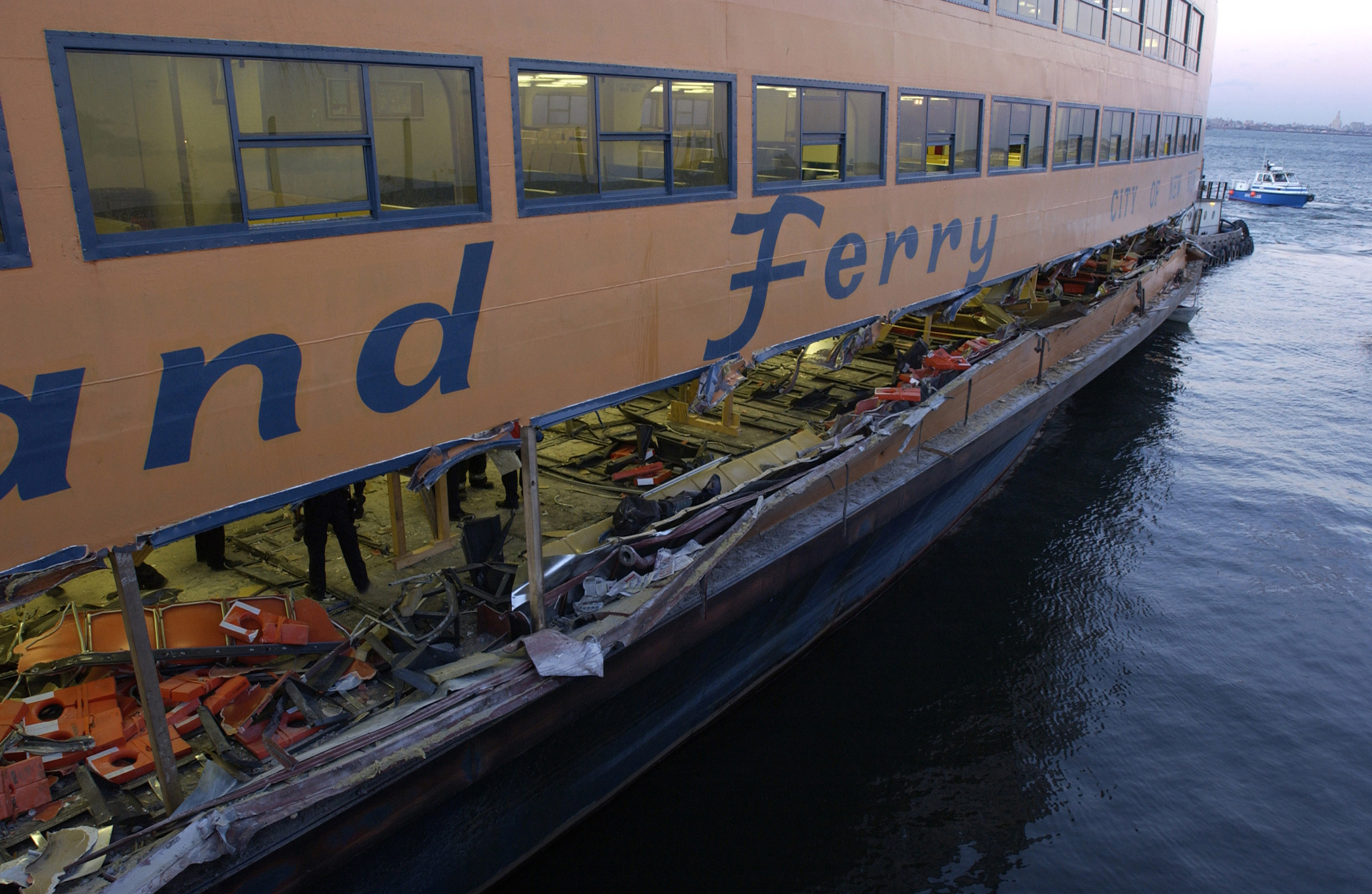Raging Seas well worth a read

I had every intention that for latest blog post that I was going to write about my “favorite subject”, Transport Canada and its general shortcomings of its licensing and regulating duties. After all, there is a long list of items to talk about that have been itching to get out, but lately my time has been shanghaied’ by a book that’s been captivating me; “Into the raging sea”, by Rachel Slade.
The book is about the American flagged, steamship El Faro. Anyone who frequents this web site is well aware of this ship and it’s weekly voyage from Jacksonville, Florida, to San Juan, Puerto Rico – in the so called “Jones Act Trade”. In 2015, the El Faro met Hurricane Joaquin off the Bahamas, and succumbs to its fury on October 1st. Official reports place the majority of the blame on the Captain, conveniently as ever, in the American narrative.
In such tragedies, there is usually a deeper story. The book’s writer, Ms. Slades, an investigative journalist by trade, does a fantastic job at giving the reader a broad view of the shipping industry today, albeit a topical one. Most professional mariners know that several books should, and are dedicated to the numerous ineptitude and failures highlighted in this tragic tale.
 I started the book with the occasional eye roll, as the industry I know, being characterized by a “landlubber”, tends to over-dramatize things. However the platitude fade quickly and the meat of the story comes out, fascinating, but tragic, and it turned into a book I could not put down – despite the chief staring holes in my head while on watch.
I started the book with the occasional eye roll, as the industry I know, being characterized by a “landlubber”, tends to over-dramatize things. However the platitude fade quickly and the meat of the story comes out, fascinating, but tragic, and it turned into a book I could not put down – despite the chief staring holes in my head while on watch.
The roughly 375 page books uses the timeline from the recovered the El Faro’s Voice Data Recorder (VDR) to guide us through this tragic story. The process will have most of us recognize some serious pitfalls within numerous organizations we deal with as professionals. The VDR, recovered after much effort and cost, offers well over a day of recorded conversations and interactions on the El Faro’s bridge, describing the anxious exchange, the uncertainty, the bravado… life onboard. Ms Slades carefully, sometimes not, insert context into the discussion that was recorded on the fateful voyage.
The book is separated into two sections, the timeline from the VDR dissected, then, the following investigation and its results, which are still unfolding to this day, and will be into the future. From global warming, ruthless cost cutting, inept human resource policies, Wal-Mart, ABS, NTSB, maritime schools, politics, racism, the weather services, even spirits; the book touches on many aspect of a modern mariner’s life. From my view, rightly so, as no one lives in a vacuum, each of our actions has a reaction.
For those who followed the investigation, even in the most basic way, like I did, is well aware of the ship owner’s culpability in this story, and their seemingly total apathy towards this tragedy. Perhaps the “Captain” was ultimately the one to shoulder the blame; however, the senior managers, wheeler and dealers, cutters and slashers in the name of efficiency and profit, know it all “Captains of industry” types probably share a greater blame.
 In Safety Management System philosophy, near misses are the canary in the coal mine. They are to be reported, so we may all learn and prevent similar occurrences from happening. This book for me, on the very large scale that is global shipping, is one of those “tales” to learn from. The philosophy, trends, and actions that Tote, the company behind the operation of El Faro, displays, leading to and following this calamity, is easily recognized throughout the world and its shipping industry. The hollowing out of skills, the endless scheming to segregate blame in case of accidents and squeeze out profits, the chase to the bottom, the way seafarers are treated is all too well recognized in many organizations. The tales in this book are “scratching the surface” but should nonetheless be read and understood as a wake up call to many in our industry.
In Safety Management System philosophy, near misses are the canary in the coal mine. They are to be reported, so we may all learn and prevent similar occurrences from happening. This book for me, on the very large scale that is global shipping, is one of those “tales” to learn from. The philosophy, trends, and actions that Tote, the company behind the operation of El Faro, displays, leading to and following this calamity, is easily recognized throughout the world and its shipping industry. The hollowing out of skills, the endless scheming to segregate blame in case of accidents and squeeze out profits, the chase to the bottom, the way seafarers are treated is all too well recognized in many organizations. The tales in this book are “scratching the surface” but should nonetheless be read and understood as a wake up call to many in our industry.
As Ms. Slade delved far and wide on the causes and impacts of the accidents, in particular, providing background details on all the crew members and their family, it struck me as typical, and sad, that the riding crew from Poland carrying out repairs on the El Faro when it sank, were barely mentioned in the book. For me this is a powerful message about the shipping industry as a whole: books are written about the El Faro, movies will probably be made, yet the routine occurrence of this tragedy occurring to non-Americans draws barely a mention.



